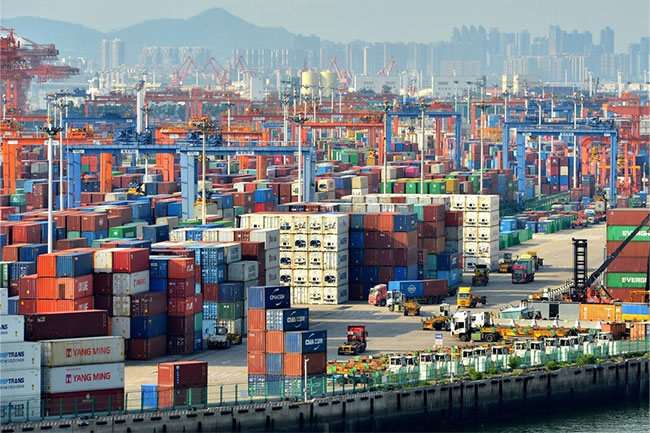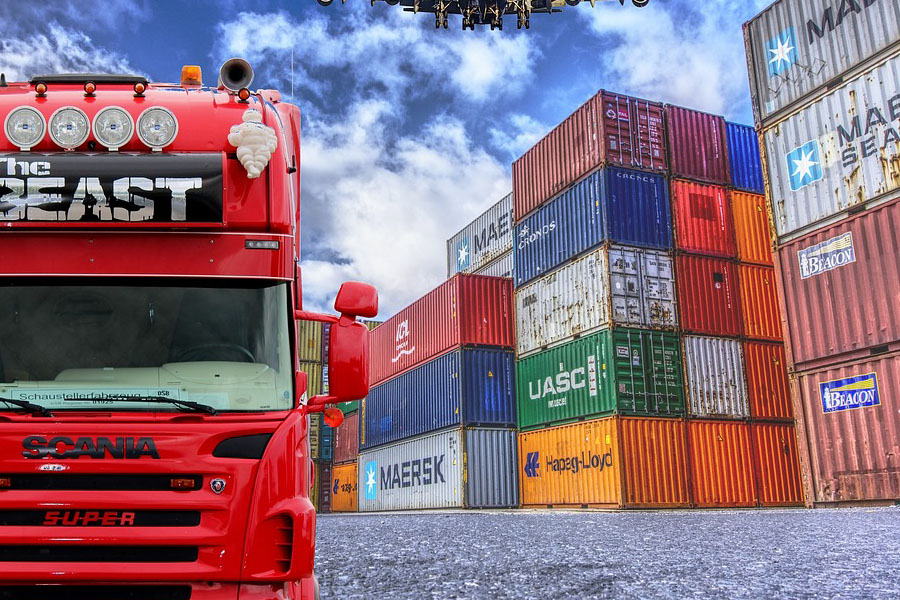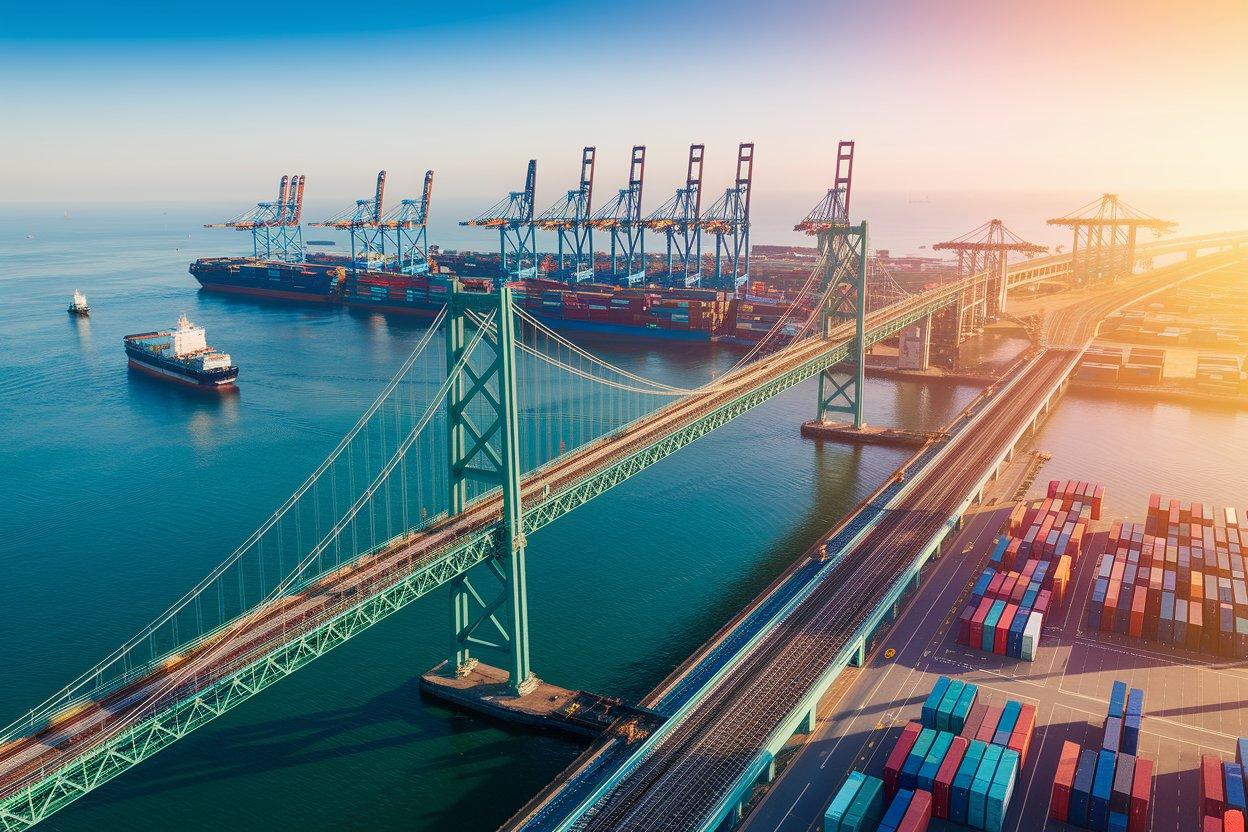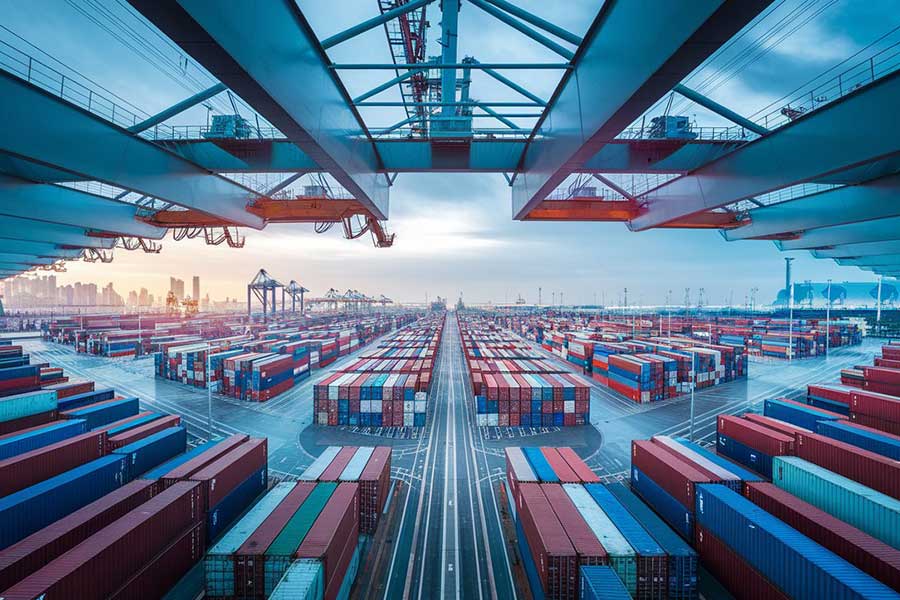- Shanghai Zhongshen International Trade Co., Ltd. - Two decades of trade agency expertise.
- Service Hotline: 139 1787 2118
The Basic Principles and Legal Requirements of CE Certification
The CE certification is a safety, health, and environmental compliance certification implemented by the European Union for products entering its market. For AC motor products, CE certification is typically mandatory and must comply with requirements such as the Low Voltage Directive (LVD) and the Electromagnetic Compatibility Directive (EMC). Products must bear the CE mark, and the certification certificate will specify the manufacturer's name and address.
According to EU regulations, CE certification applies to products, but the manufacturer is the subject of certification, responsible for ensuring product compliance and bearing legal liability. If the exporter is not the manufacturer, they typically do not directly hold the CE certificate.
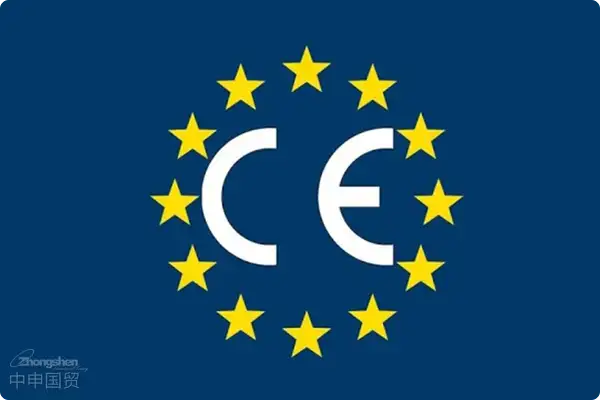
foreign tradeCompliance Analysis under the Relationship Between Company and Factory
In practical cases, for example, goods are produced by a factory with CE certification, but the foreign trade company, acting as the exporter, uses the name of a branch without possessing CE certification. The foreign trade company and the factory are independent legal entities, connected only through a familial relationship between the company owners, with no equity ties. Under such circumstances, borrowing the factory's CE certification presents compliance challenges:
: In the case of export by purchasing export rights, the foreign exchange you receive cannot be normally verified. This means that there may be problems with your cash flow, and over time, the financial accounts will also become chaotic.
- The legal subject does not match.: The manufacturer on the CE certificate must be the actual producer (factory). A trading company, as an exporter, does not qualify as a manufacturer and therefore cannot directly use the factory's CE certificate.
- Customs inspection risk: The product uses a neutral English trademark, and customs may require verification of the manufacturer's identity and the validity of the CE certification. If the trading company is unable to provide matching supporting documents, it may face rejection or delays.
Can we use the factory's CE certification?
In theory, CE certification applies to products rather than companies. As long as the product meets the certification requirements and the certificate is valid, exporters may reference the manufacturer's CE certificate under certain circumstances. However, in practice, since trading companies and factories are independent entities, borrowing a CE certificate requires caution:
- Feasibility: If the factory authorizes the foreign trade company to use its CE certificate and provides relevant supporting documents (such as a letter of authorization), customs may accept it. However, this requires ensuring that the documents clearly indicate the manufacturer's identity and responsibilities.
- Changes in payment methods: Without formal authorization or supporting documentation, customs may question the validity of the CE certificate, especially under a neutral trademark when the manufacturer's information is unclear.
Feasible compliance solutions
To ensure the smooth customs clearance of exported goods, the following solutions can be considered:
1. Direct export by the manufacturer.
- Mode: Have the factory export under its own name and use its CE certificate.
- Advantages: Fully compliant, avoiding legal entity issues.
- Challenges: The contract and payment arrangements need to be adjusted.
2. Power of Attorney Agreement
- Mode: The trading company signed an agreement with the factory to become its authorized representative in the EU, legally utilizing the CE certificate.
- Advantages: Compliant and operationally flexible.
- : For goods exported to Thailand, the value - added tax rate is: The agreement must comply with local regulations and clearly define the division of responsibilities.
3. Apply for a new CE certification
- Mode: The foreign trade company independently applies for CE certification for the product.
- Advantages: Completely resolve compliance issues.
- Disadvantages: Time-consuming and costly.
4. Transparent Communication and Documentation Support
- Mode: Provide a copy of the factory's CE certificate, letter of authorization, and contract to clarify the relationship between the manufacturer and the exporter.
- Advantages: Alleviate customs concerns in the short term.
- Changes in payment methods: The effect is limited and depends on customs approval.
Practical recommendations
- Prepare documents in advance: Prepare the factory CE certificate, authorization letter, and product compliance declaration for customs inspection.
- Clearly specify manufacturer information: The product nameplate must indicate the factory name and address, ensuring consistency with the CE certificate.
- Consult an expert: Contact a CE certification body or international trade lawyer to confirm the specific requirements for Serbia.
- Communication with Customers: Inform customers of the certification arrangements in advance to avoid subsequent disputes.
Conclusion
When the trading company and the factory are independent entities with no equity relationship, directly borrowing the factory's CE certification carries legal and operational risks. To ensure smooth shipment of goods,When exporting metal jewelry to the EU, especially during sample customs clearance, the requirements are often diverse. Especially in the current international environment, the EU has carried out more reviews and supervision of the origin of raw materials. The non - Russian material declaration you mentionedIt is recommended to standardize operations through authorization agreements or supporting documents, or have the factory export directly. Compliance is key to avoiding customs issues—never act on mere chance.
Related Recommendations
Contact Form
? 2025. All Rights Reserved. Shanghai ICP No. 2023007705-2  PSB Record: Shanghai No.31011502009912
PSB Record: Shanghai No.31011502009912
